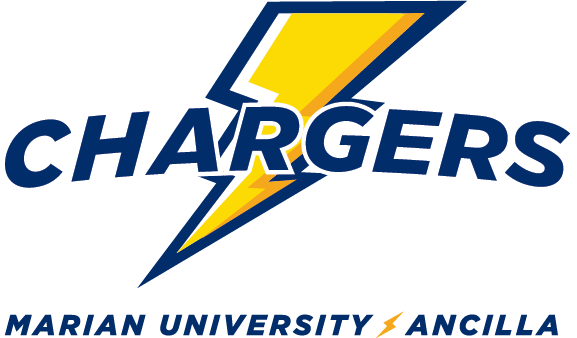
Find Your Purpose
No results match your selection. Please try another.
Accelerated
| Online
Leighton School of Nursing
Bachelor's
School of Business
Bachelor's
Klipsch Educators College
Bachelor's
| Online
Klipsch Educators College
Bachelor's
College of Arts and Sciences
Bachelor's
College of Arts and Sciences
Bachelor's
College of Arts and Sciences
Bachelor's
College of Arts and Sciences
Health and Community Sciences
Associate
Marian University's Ancilla College
Associate
Marian University's Ancilla College
Marian University's Ancilla College
Associate
Marian University's Ancilla College
Associate
Marian University's Ancilla College
Marian University's Ancilla College
Associate
Marian University's Saint Joseph's College
Marian University's Saint Joseph's College
Marian University's Saint Joseph's College
Associate
Marian University's Saint Joseph's College
Associate
| Online
College of Arts and Sciences
Marian University's Saint Joseph's College
Bachelor's
College of Arts and Sciences
Bachelor's
Witchger School of Engineering
Klipsch Educators College
Bachelor's
| Online
School of Business
Bachelor's
School of Business
Bachelor's
Witchger School of Engineering
Bachelor's
College of Arts and Sciences
Bachelor's
Witchger School of Engineering
Health and Community Sciences
Bachelor's
College of Arts and Sciences
Bachelor's
Witchger School of Engineering
Bachelor's
College of Arts and Sciences
Klipsch Educators College
Leighton School of Nursing
Leighton School of Nursing
Doctorate
Health and Community Sciences
Doctorate
| Online
Klipsch Educators College
Doctorate
Wood College of Osteopathic Medicine
Doctorate
Health and Community Sciences
Bachelor's
Klipsch Educators College
Bachelor's
Marian University's Ancilla College
Bachelor's
Witchger School of Engineering
Bachelor's
College of Arts and Sciences
Marian Leadership Academy
Bachelor's
Health and Community Sciences
Master's
Health and Community Sciences
Bachelor's
School of Business
Bachelor's
College of Arts and Sciences
Master's
Klipsch Educators College
Bachelor's
College of Arts and Sciences
Bachelor's
| Online
Health and Community Sciences
Bachelor's
Klipsch Educators College
Bachelor's
College of Arts and Sciences
Bachelor's
| Online
Marian Leadership Academy
Bachelor's
| Online
College of Arts and Sciences
Associate
| Online
College of Arts and Sciences
Klipsch Educators College
Bachelor's
School of Business
Bachelor's
| Online
School of Business
Bachelor's
School of Business
Bachelor's
School of Business
Klipsch Educators College
Marian Leadership Academy
Klipsch Educators College
Master's
Klipsch Educators College
Master's
| Online
Klipsch Educators College
Master's
Health and Community Sciences
Master's
College of Arts and Sciences
Master's
| Online
Klipsch Educators College
Wood College of Osteopathic Medicine
Bachelor's
College of Arts and Sciences
Bachelor's
Witchger School of Engineering
Bachelor's
College of Arts and Sciences
Bachelor's
College of Arts and Sciences
Bachelor's
College of Arts and Sciences
Bachelor's
Leighton School of Nursing
Bachelor's
Marian University's Ancilla College
Bachelor's
| Online
Leighton School of Nursing
Bachelor's
Health and Community Sciences
Certificate
| Online
Marian Leadership Academy
Associate
| Online
College of Arts and Sciences
Bachelor's
College of Arts and Sciences
Associate
Health and Community Sciences
Bachelor's
College of Arts and Sciences
Bachelor's
College of Arts and Sciences
College of Arts and Sciences
College of Arts and Sciences
College of Arts and Sciences
College of Arts and Sciences
College of Arts and Sciences
College of Arts and Sciences
College of Arts and Sciences
College of Arts and Sciences
Bachelor's
College of Arts and Sciences
Bachelor's
Klipsch Educators College
Bachelor's
College of Arts and Sciences
Bachelor's
College of Arts and Sciences
Bachelor's
College of Arts and Sciences
Bachelor's
Klipsch Educators College
Klipsch Educators College
Bachelor's
Health and Community Sciences
Bachelor's
College of Arts and Sciences
Bachelor's
College of Arts and Sciences
Bachelor's
College of Arts and Sciences
Licenses
| Online
Klipsch Educators College
